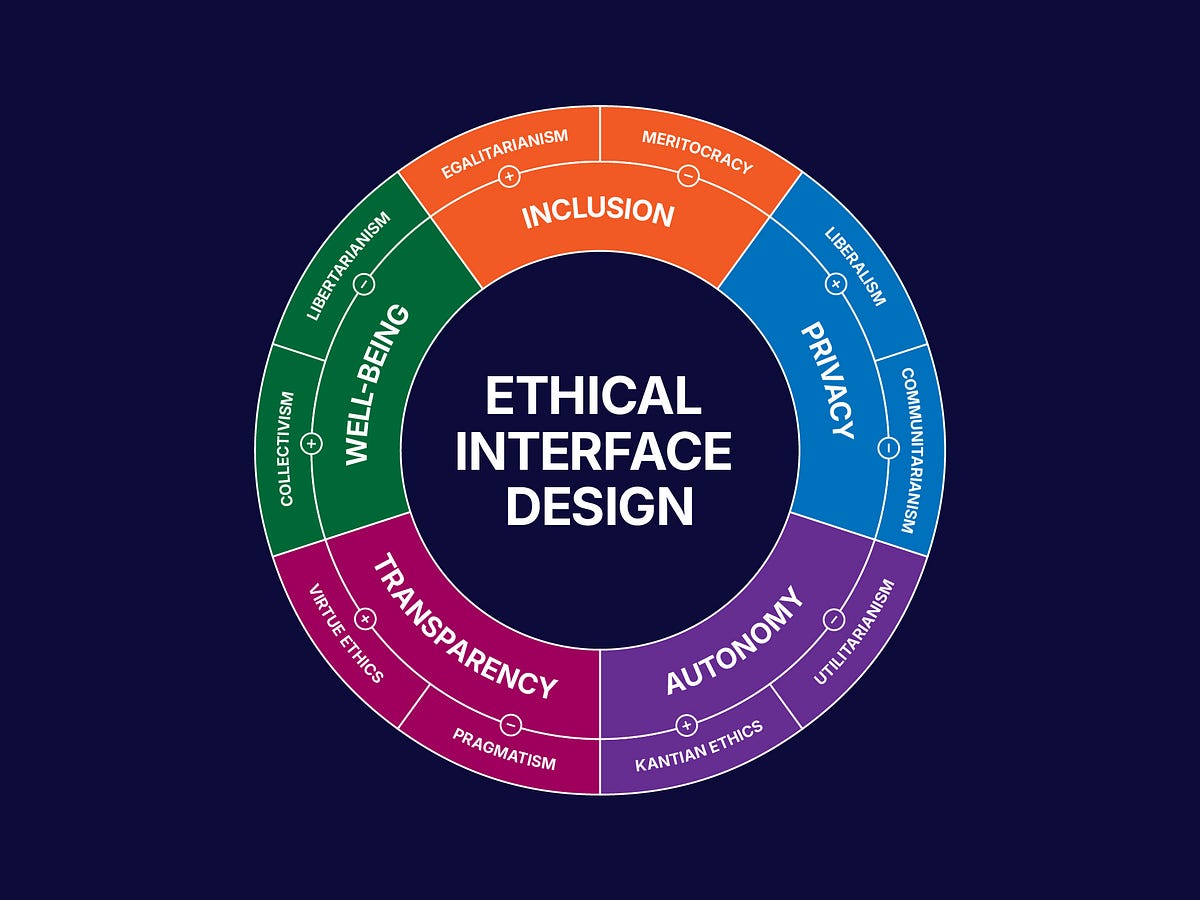
"Every interface mediates the relationship between humans and machines - translating intention into action, and in doing so, shaping how we perceive, decide, and connect. Emerging technologies such as large language models and neural chips are expanding that relationship, blurring the boundary between user and system. As interfaces grow more adaptive and conversational, the very definition of "user interface design" begins to dissolve - replaced by fluid exchanges that merge cognition, language, and computation."
"Society is moving beyond screens into conversational, immersive, and neural experiences, placing designers at the center of the ethical landscape of human-technology interaction. Ethical Interface Design helps designers understand not only the impact of their choices but also the ethical frameworks behind them, exploring: How interfaces influence behavior across visual, tactile, conversational, neural, and mixed-reality modalities The philosophical roots of Ethical Interface Design - inclusion, autonomy, privacy, transparency, and well-being"
Interfaces mediate human-machine relationships by translating intention into action and shaping perception, decision-making, and connection. Emerging conversational, immersive, and neural technologies blur the boundary between user and system and create fluid exchanges that merge cognition, language, and computation. Ethical priorities include inclusion, autonomy, privacy, transparency, and well-being, and these priorities require trade-offs among competing moral frameworks such as egalitarianism versus meritocracy or collectivism versus libertarianism. Practical guidance enables designers to apply ethics in real projects. Ethical Interface Design prepares designers to make intentional, responsible choices that influence behavior across visual, tactile, conversational, neural, and mixed-reality modalities.
#ethical-interface-design #human-computer-interaction #neural-and-conversational-interfaces #design-ethics
Read at Medium
Unable to calculate read time
Collection
[
|
...
]